“In 1492, Columbus sailed the ocean blue.” But then what?
The Columbus Controversy: Challenging How History Is Written is a short film released during the Columbus Quincentenary in 1992. The film contrasts the views of Seneca historian, writer, and activist John Mohawk and University of Chicago historian William McNeill, who reflect on the legacy of Columbus. The Columbus Controversy also features Zinn Education Project co-director Bill Bigelow — then a teacher at Jefferson High School in Portland, Oregon — who “steals” a student’s purse and engages his class in reflecting on the problematic use of the word “discovery” to describe Columbus’s arrival in the Americas and his occupation of Taíno land.
The Columbus Controversy demonstrates aspects of critical teaching about Columbus, some of it described in Bill Bigelow’s article, “Discovering Columbus: Re-reading the Past,” and can be used in middle school, high school, and teacher education classes.
Watch Online
The Columbus Controversy documentary was produced for classrooms and teacher education programs by American School Publishers, a Macmillan/McGraw-Hill Company, ISBN: 0-383-05031-6
Executive producer: Frank Beck
Producer, director, writer: Nick Kaufman
Editor: Mark Lipman
Consultants: Howard Zinn, Kirkpatrick Sale, and Jose Barreiro

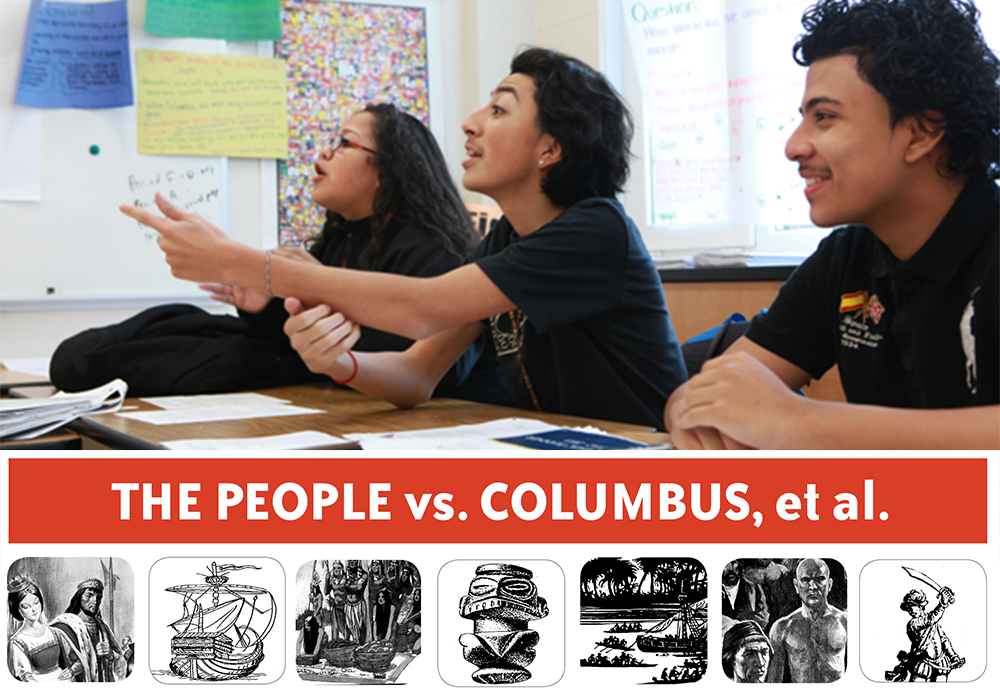
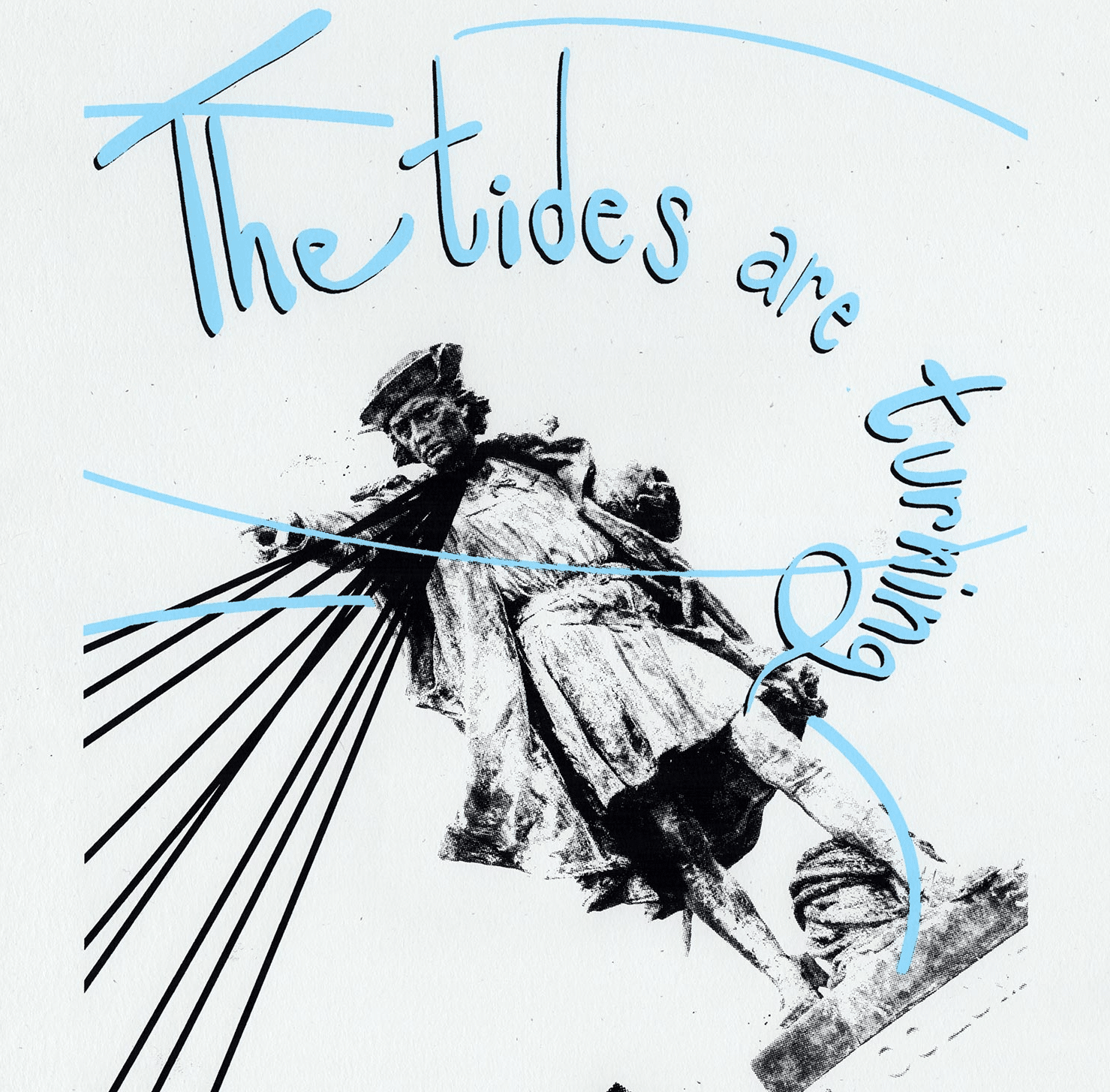
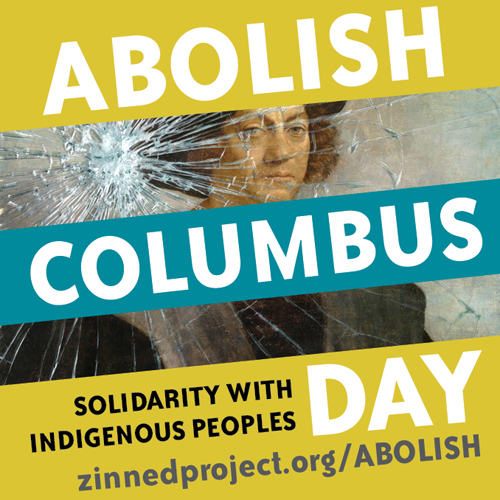

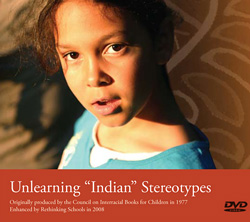
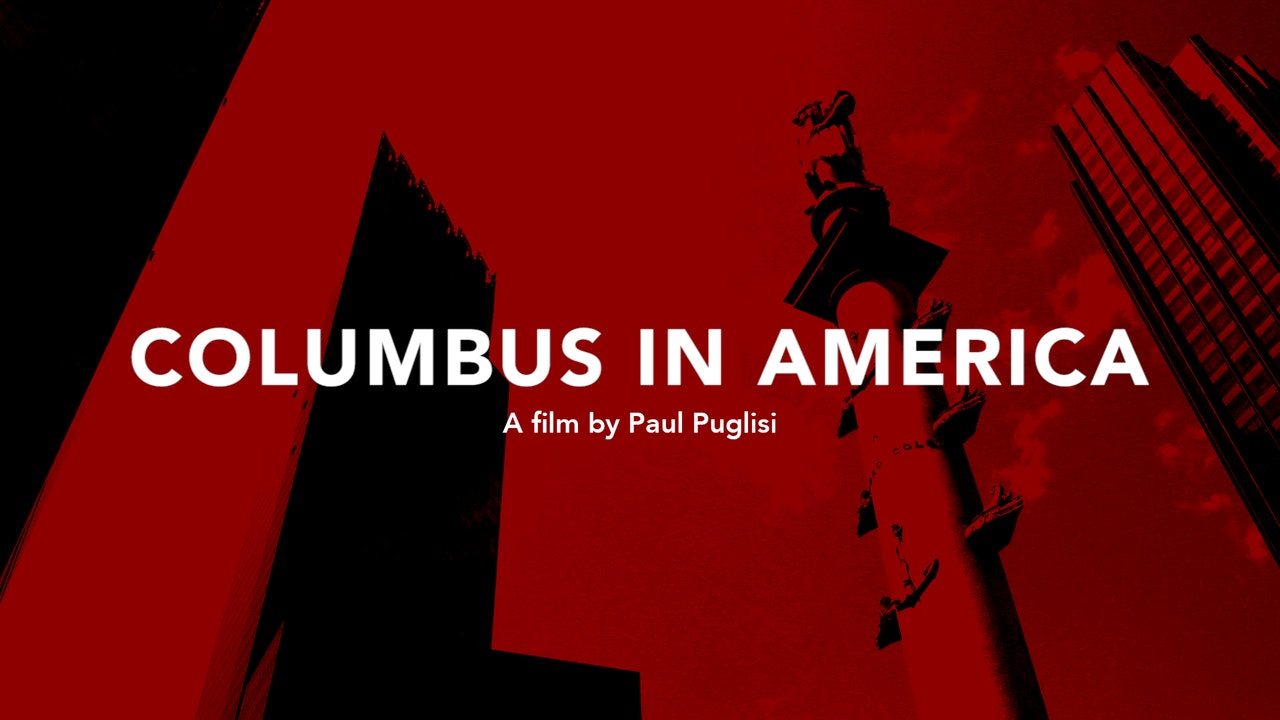






We watched the video for “The Columbus Controversy” and then held a Socratic Seminar after reading a news article about Seattle changing Columbus Day to Indigenous People’s Day. Students appreciated that we were discussing the way that history/ historical perspective can change over time and that not everything in their textbook was 100% accurate, since they are 10 years old. —Suzanne Marcinkiewicz, middle school social studies teacher, Albuquerque, NM